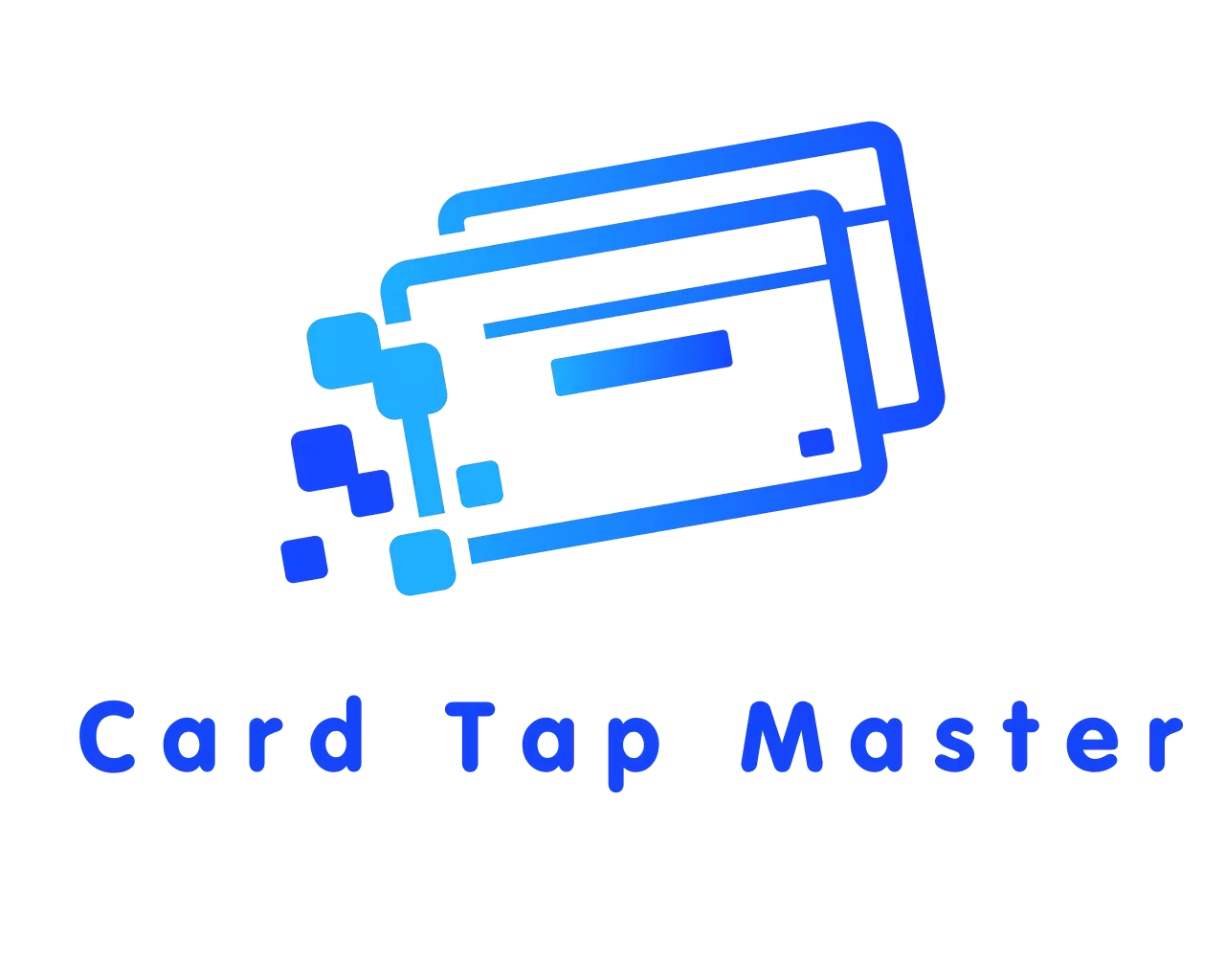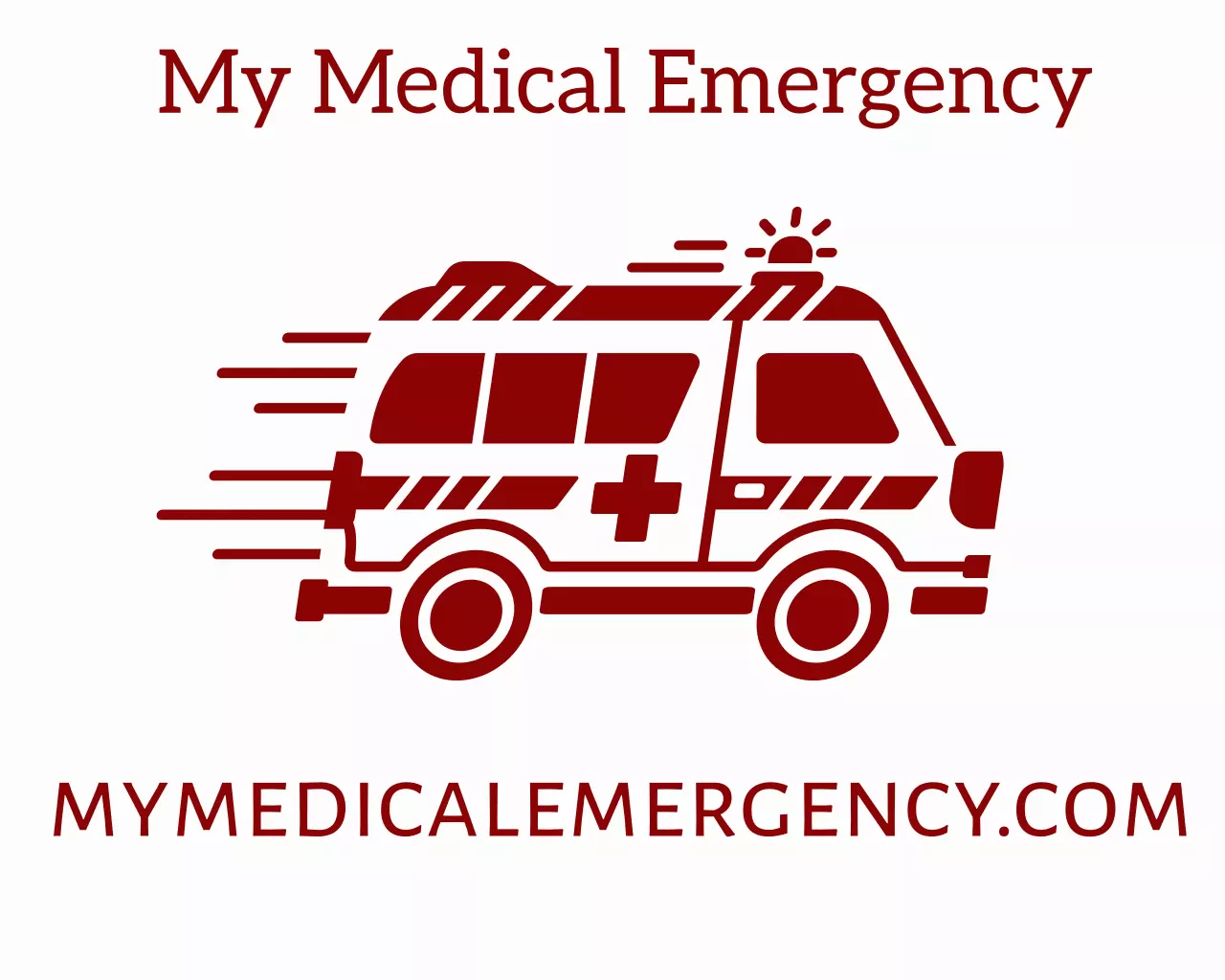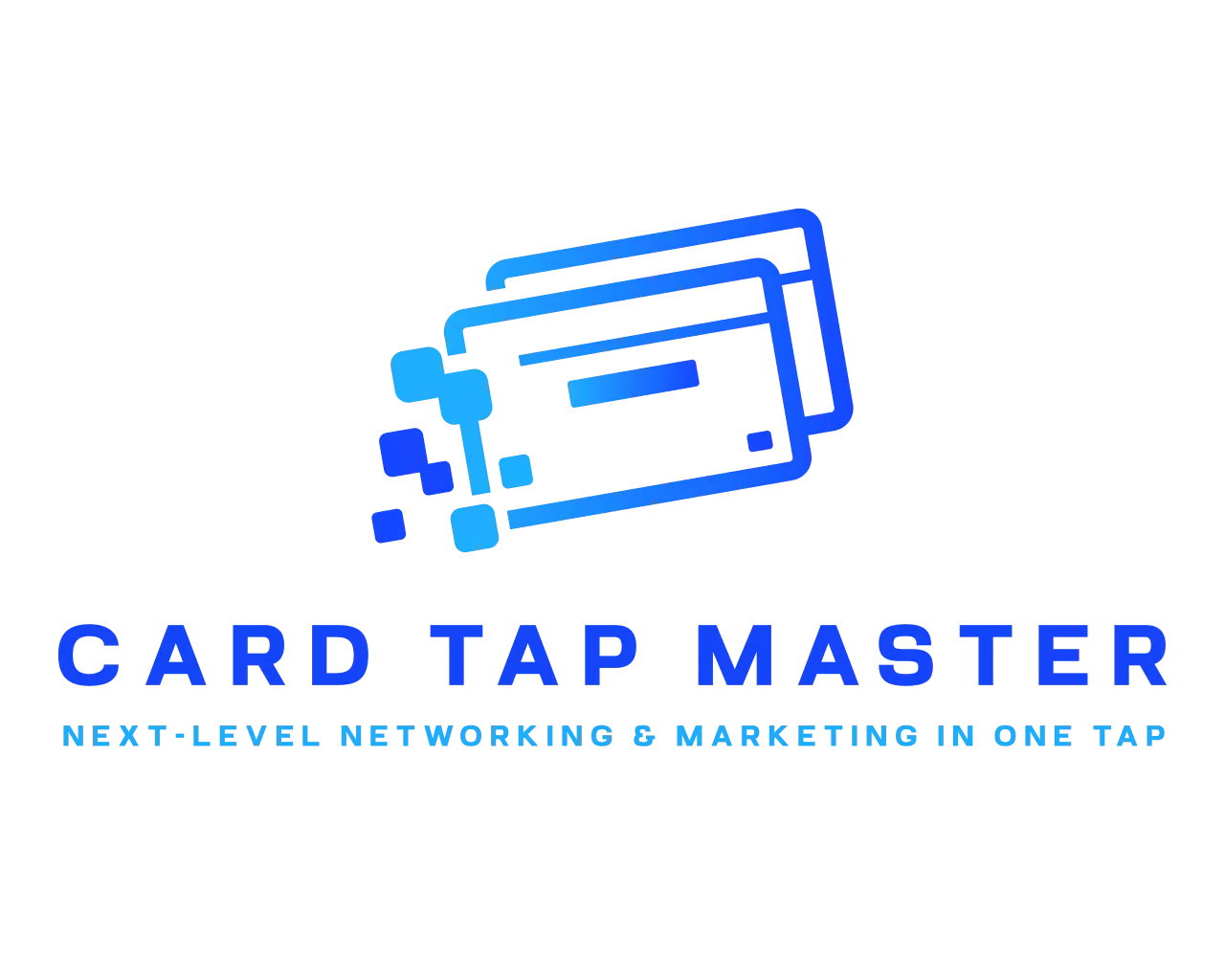Are you Ready?
Having vital information readily available for paramedics, first responders, or firefighters can significantly aid in providing timely and appropriate medical assistance. Here are some crucial details to have prepared:
Medical History: Include information about any pre-existing medical conditions, allergies, medications being taken, and past surgeries or treatments. This information helps responders understand the individual's medical background and tailor treatment accordingly.
Emergency Contacts: Provide contact information for family members, friends, or a designated emergency contact person who can be reached quickly in case of an emergency.
Current Medications: List all medications being taken, including dosage and frequency. This information helps medical professionals avoid potential drug interactions or complications during treatment.
Special Needs or Disabilities: If the individual has any special needs or disabilities, such as mobility issues or communication barriers, inform responders to ensure appropriate assistance and accommodation.
Advance Directives: If the individual has any advance directives or do-not-resuscitate (DNR) orders, provide copies of these documents to guide medical decision-making.
Recent Events: Inform responders about any recent events or activities that may have led to the emergency, such as accidents, falls, or sudden illness.
Location and Access: Clearly communicate the location of the emergency, including any specific landmarks or directions to the scene. Ensure that the area is accessible to emergency vehicles and responders.
By having this information readily available, individuals can help paramedics, first responders, or firefighters deliver effective and efficient care during emergencies.
CARD TAP MASTER DBA MY MEDICAL EMERGENCY is here to help!


